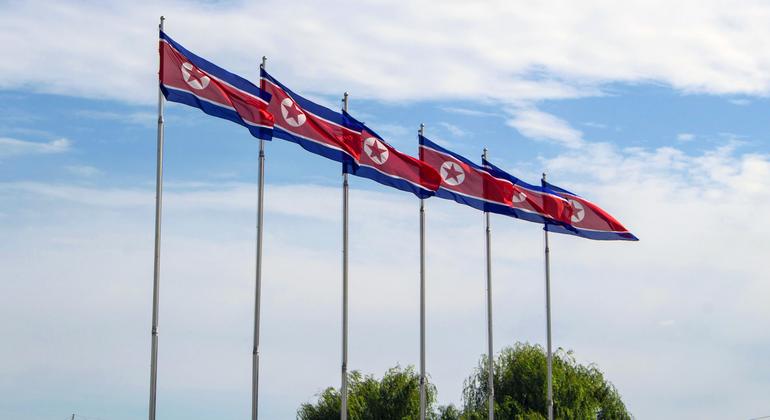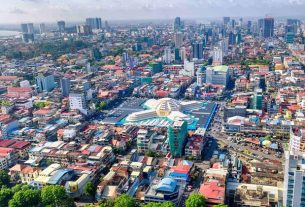In an oral update to the Human Rights Council – UN’s paramount human rights body – Deputy High Commissioner Nada Al-Nashif said that DPRK (more commonly known as North Korea) was showing no signs of compliance.
“As there are no indications that the State will address impunity, it is imperative that accountability is pursued outside the Democratic People’s Republic of Korea,” she said.
“This should be achieved first and foremost through referral to the International Criminal Court (ICC), or national level prosecutions in accordance with international standards under accepted principles of extraterritorial and universal jurisdiction,” she urged.
The deputy head of rights office OHCHR noted that non-judicial accountability was important.
“Moving ahead in tandem with criminal accountability efforts, non-judicial accountability is essential if victims are to receive some form of justice in their lifetime.”
Broad consultations
Ms. Al-Nashif said that in developing possible strategies, OHCHR had consulted widely in the past year with national and international judicial officials and practitioners, governments, civil society experts and academia.
Last month, for instance, the Office brought together experts in all aspects of accountability to a conference to discuss ways forward and best practices.
“This included criminal justice avenues and civil liability options as well as non-judicial forms of accountability such as truth-telling, memorialization, and reparations,” she said.
Raising awareness
The Deputy High Commissioner said OHCHR had dedicated extra resources in the past year towards raising awareness about the human rights situation in North Korea.
In April 2023, it published a landmark report on enforced disappearances and abductions, including of nationals from neighbouring Republic of Korea and Japan.
“The report illustrated the impact of the crime on victims and their families, and their demands and needs relating to accountability,” she said.
Protect escapees
Ms. Al-Nashif highlighted that those who escaped North Korea and victims of rights abuses are a vital source of information on the situation in the country as well as for any accountability processes.
“I continue to call on all relevant Member States to ensure that OHCHR has full and unhindered access to escapees,” she said.
She also urged all States to refrain from forcibly repatriating people to DPRK, and to provide them with protection and humanitarian support.
“Repatriation puts them at real risk of torture, arbitrary detention, or other serious human rights violations,” she cautioned.



